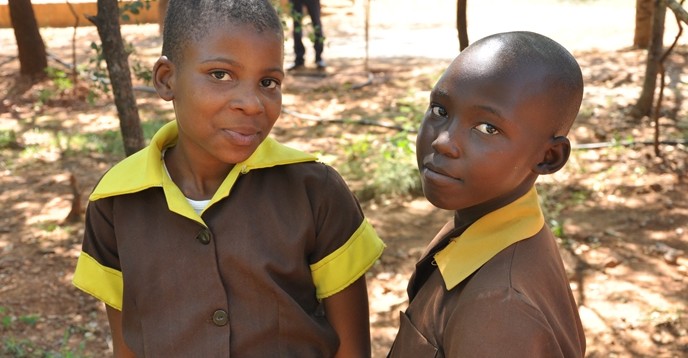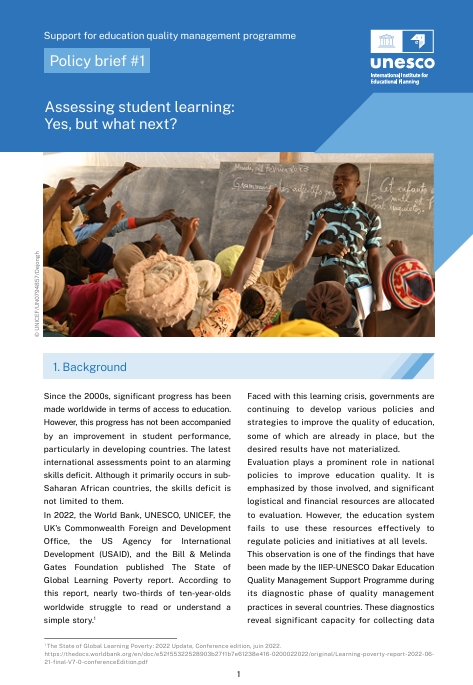A rural school in one of the driest parts of Zimbabwe has transformed itself into a model sustainable eco-school with orchards, a herbal plant garden and piggery.
The change at Sihlengeni Primary School in the Esiphezini area of Gwanda, Zimbabwe, one of the winners of the 2017 UNESCO-Japan Prize on Education for Sustainable Development (ESD), started with an idea.
School head Sibanga Ncube was not sure at all about transferring from his well-developed school in Bulawayo to Sihlengeni Primary School but when he arrived, three gum trees growing in the grounds gave him hope and a brainwave.
Now the more than 700 pupils and 17 teachers at the school along with the community are involved in a major permaculture project specialising in crop and animal husbandry as part of a rich curriculum that also offers quality education, music and dance.
The project, which began in 1995 works with nature to reverse land degradation and unsustainable practices and to boost food growth and access to clean water with all aspects, integrated into the learning programme.
In practice, teachers and pupils plant indigenous trees, millet and maize, tend chickens and pigs and use any food produced in the school or sell it locally.
Mr Ncube said: “Twenty years ago I asked each student from grade 5 to 7 to plant a tree and bring a litre of water every day from home to water their tree and now we have beautiful trees all over the school.”
And the ideas brought to concrete reality at Sihlengeni have spread beyond the school.
“People who come here are amazed at the amount of work we have done and many schools want us to impart our knowledge and skills,” said Mr Ncube.
The financial base of the project is the chicken operation with extra money coming from produce sold and the piggery. For those parents who cannot afford school fees there are opportunities to work on the project as a way of subsidising the cost.
Sihlengeni Primary School illustrates the type of innovative and daring approach to sustainable development that the UNESCO-Japan Prize on ESD exists to highlight.
The winners of this year’s award, the 2018 UNESCO-Japan Prize on ESD, will be announced in September with an award ceremony to be held in Paris in October. The Prize, funded by the Government of Japan, consists of three annual awards of USD 50,000 for each recipient. It was awarded for the first time by the Director-General of UNESCO in 2015.
The Prize and award winners recognize the role of education in connecting the social, economic, cultural and environmental dimensions of sustainable development.



![[Preliminary Report] CRNA Collaborative Research for Exploring Factors Nurturing"Happy and Resilient" Children among Asian Countries](https://equity-ed.net/wp-content/uploads/2024/09/1725672182698.jpg)


